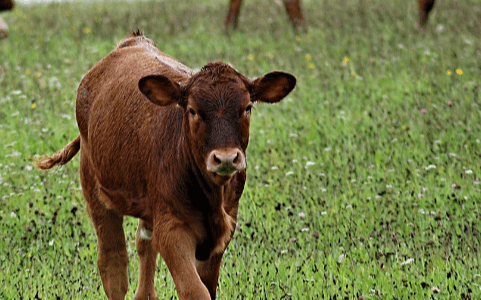
The significance of baby cows, or calves, in the agricultural ecosystem cannot be overstated. Their early life stages are critical for not only their individual development but also for the overall productivity of farming operations. Proper care, including optimal nutrition and socialization, lays the groundwork for their future contributions as adult cattle. However, the implications of calf management extend beyond mere livestock maintenance; they intertwine with broader issues of sustainability and ecological balance. This raises pertinent questions about current practices and their long-term effects on agriculture as a whole. What changes might be necessary to enhance these vital contributions?
Life Cycle of a Calf
The life cycle of a calf encompasses several distinct stages, beginning with gestation and continuing through weaning, development, and maturity, each phase critically influencing the animal’s health and productivity.
Proper calf development requires meeting specific nutritional needs, including adequate protein, vitamins, and minerals.
Ensuring optimal nutrition during these formative stages is essential for fostering healthy growth and maximizing future productivity in adult cattle.
See also: Baby:Tug3anmwsk0= Cow
Caring for Baby Cows
Effective care for baby cows is crucial in ensuring their health and well-being, as it lays the foundation for their future growth, productivity, and overall quality as adult cattle.
Proper calf nutrition, including balanced diets rich in essential nutrients, supports robust development.
Additionally, fostering positive social behavior through appropriate group interactions promotes emotional well-being, helping calves adapt successfully to their environment and future challenges.
Impact on Agriculture
Baby cows play a significant role in shaping agricultural productivity and sustainability, influencing both livestock operations and the broader agricultural economy.
Their rearing contributes to sustainable farming practices, enhancing soil health and biodiversity.
Furthermore, healthy calves are crucial for robust dairy production, ensuring a consistent supply of high-quality milk.
Ultimately, investing in the well-being of baby cows fosters a resilient agricultural framework.
Conclusion
In the grand tapestry of agriculture, the calf emerges as a vital thread, weaving together the fabric of productivity and sustainability.
Nurtured through balanced nutrition and a supportive environment, these young beings blossom into robust adult cattle, vital for both dairy supply and ecological health.
By investing in the well-being of calves, farmers cultivate not only the future of their herds but also the resilience of the land, fostering a harmonious relationship between livestock and the environment.




